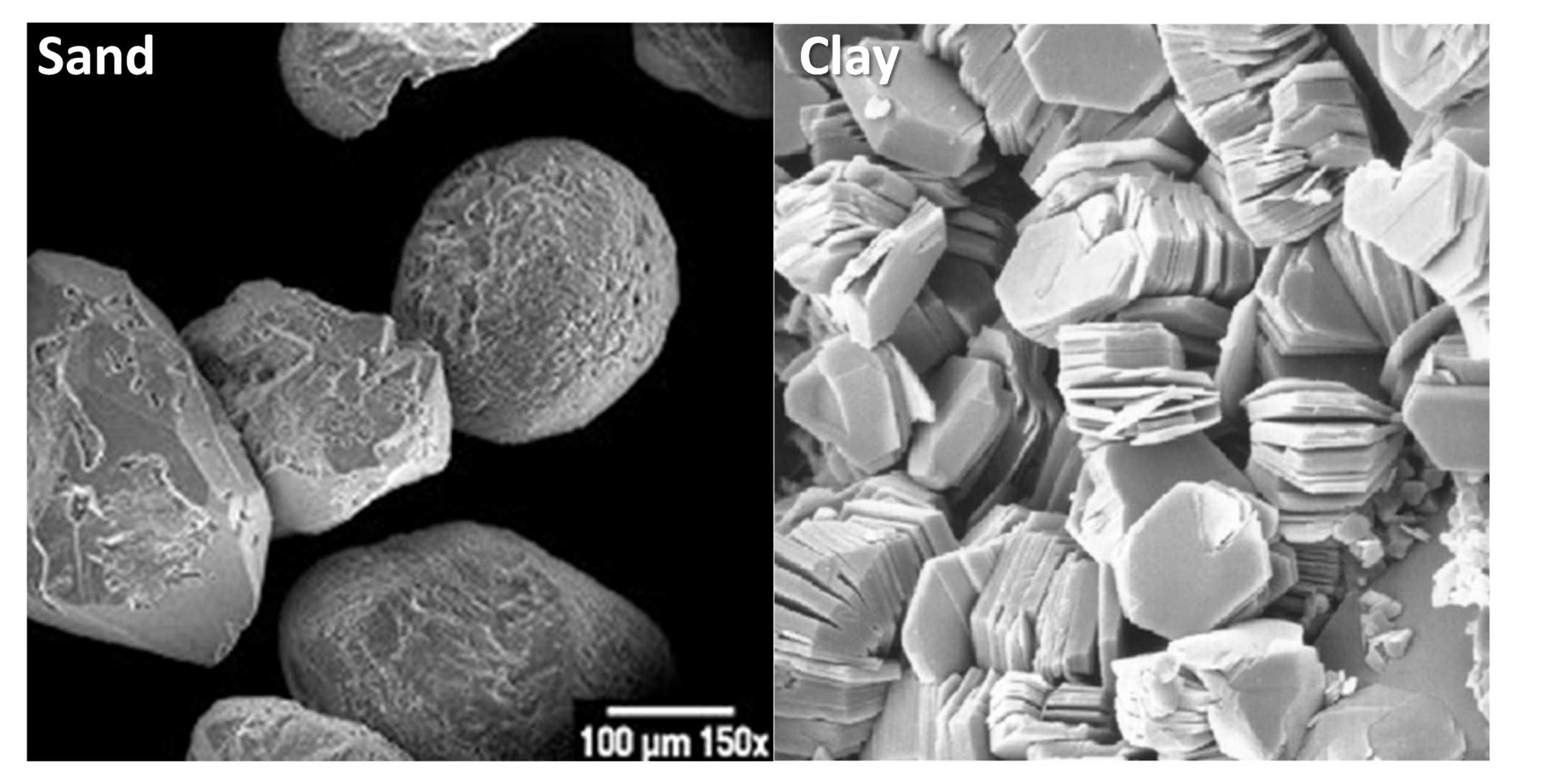Soil Mechanics (in German)
Lecturers
Prof. I. Anastasopoulos, R. Herzog, Dr. A. Marin
Assistants
M. Sieber, S. Alber
Objective
The course introduces the fundamentals of soil mechanics and geotechnical engineering. Starting with an overview of soil materials and their classification, the students are introduced to the three-phase nature of soil and the concept of effective stresses. This is followed by the influence of groundwater in the soil, the developing water pressures, piping, erosion, and buoyancy effects. The stress-strain relationships are developed, explaining the effect of stress history on soil stiffness and strength, followed by one-dimensional consolidation theory, calculation of settlements, slope stability, mechanical compaction, and an introduction to ground investigation. Each lecture is followed by practical exercises and the students also follow three laboratory exercises on classification, groundwater, and shear strength.

Contents
- The Soil as a multi-phase material
- Groundwater
- Stresses (total and effective)
- Deformation behaviour, consolidation theory (drained vs. undrained response)
- Shear strength (granular vs. cohesive soil materials)
- Slope stability
- Mechanical Compaction
- Settlement
- Soil investigation
Course catalogue
Downloads (password protected): protected page Moodle